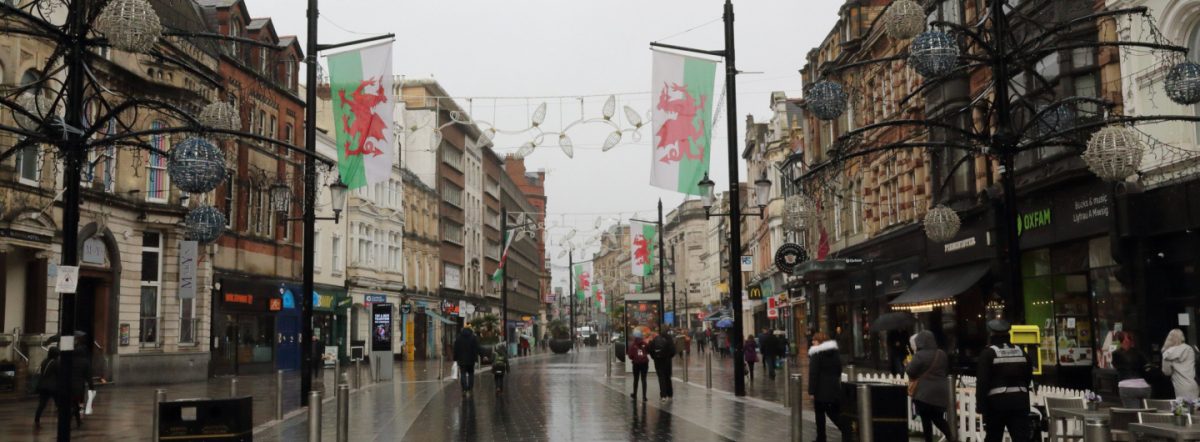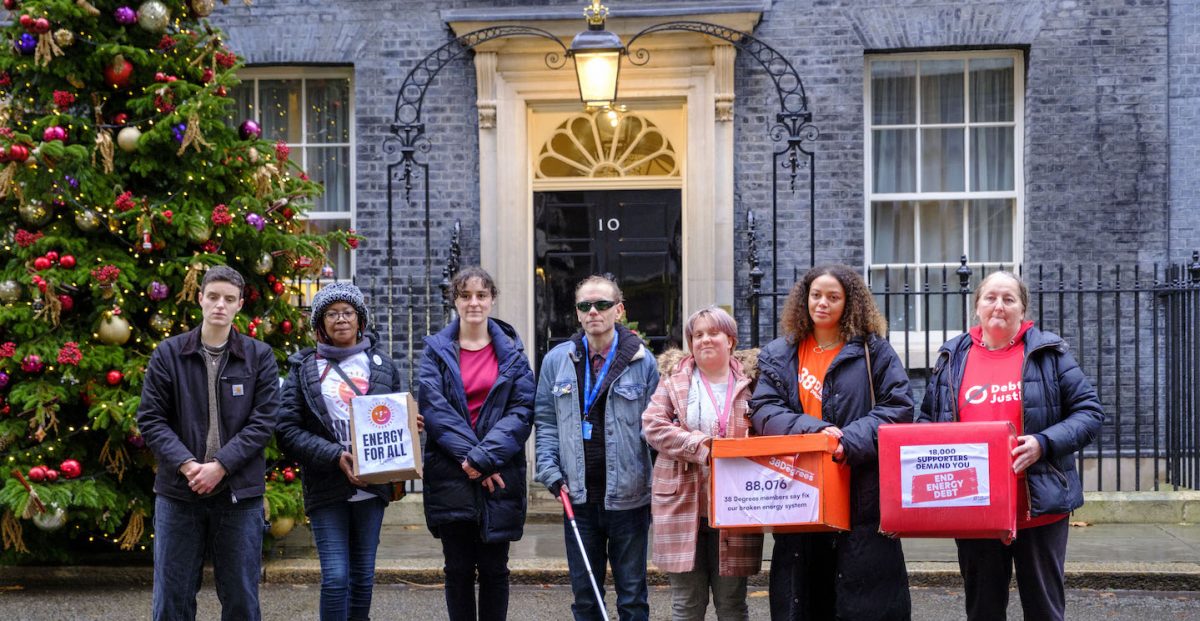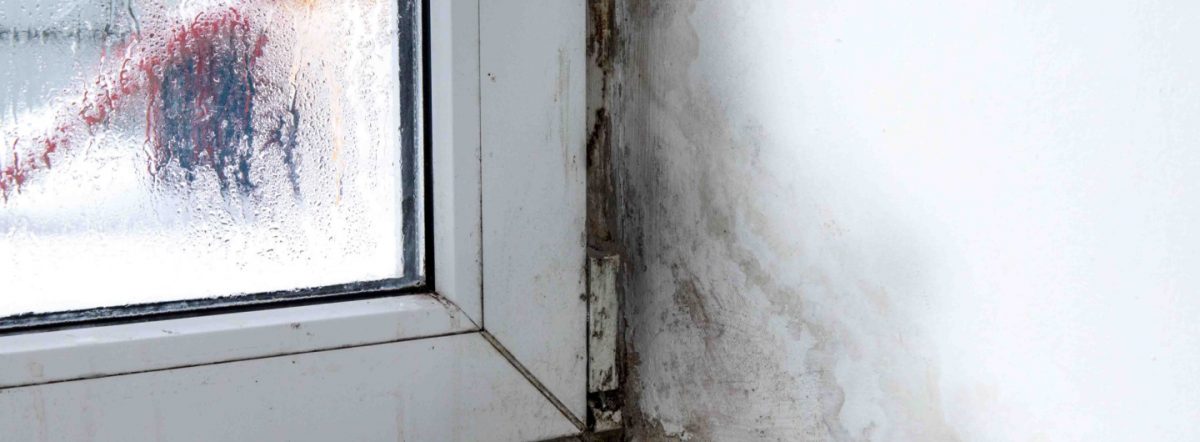New figures reveal that 16% of UK adults (8.8m people) live in cold damp homes, exposed to the health complications that come from living in fuel poverty. [1]
While the Government has announced that a Warm Homes Plan will help improve people’s homes in years to come, this will come too late for the one in ten (9%) who frequently experienced, dangerous, levels of mould in their homes over the past 12 months.
People who live in poorly insulated homes risk seeing damp and mould spread and the NHS warns that people living in these conditions are more likely to have respiratory problems, respiratory infections, allergies or asthma.
Damp and mould can also affect the immune system while living in such conditions can also increase the risk of heart disease, heart attacks or strokes.
Cold homes can cause and worsen respiratory conditions, cardiovascular diseases, poor mental health, dementia and hypothermia as well as cause and slow recovery from injury.
To tackle the problem, a large majority of people support a fully funded nationwide insulation and ventilation programme to create healthy, energy efficient homes that will slash excess deaths caused by cold, damp houses in winter.
Nearly three-quarters (72%) agree the worst insulated homes should be the priority as almost half (47%) of those polled are worried about how they will stay warm this winter, with 46% worried if they have to rely on the NHS this winter. [2]
A spokesperson for the End Fuel Poverty Coalition, commented:
“The sheer numbers of people living in cold damp homes this winter should send alarm bells ringing throughout Westminster.
“These shocking figures have hardly changed since last year and with energy bills heading upwards again in January, the situation is now critical for the Government.
“The Chancellor must take two immediate steps in the Comprehensive Spending Review. Firstly, she must fully support the Warm Homes Plan with £13.2bn of funding and a commitment to help the worst insulated homes get support first.
“Then Ministers must also bring in more support for vulnerable households this winter and speed up plans to bring in a social tariff for next winter – a move that is backed by the vast majority of voters.”
Following the findings of the poll, commissioned by campaign group Warm This Winter, organisations have signed an open letter sent to Darren Jones, the Chief Secretary to the Treasury calling for the Government to commit to the £13.2 billion.
Warm This Winter spokesperson Caroline Simpson said: “It is shocking that whilst people are looking forward to celebrating the festivities, too many are still living in true Dickensian conditions, where cold damp homes are making them ill.
“We need to see a Government that has the ambition to create the homes people deserve and banish these appalling conditions to a bye-gone era where they belong.”
ENDS
[1] Opinium conducted an online survey of 2,000 UK adults between 22nd and 26th November 2024. Results have been weighted to be nationally representative. In 2023, there were 54,196,443 people aged 18 plus in the UK according to ONS.
[2] Opinium conducted an online survey of 2,014 UK adults between 7th and 8th October 2024. Results were weighted to be nationally and politically representative of the UK adult population.




